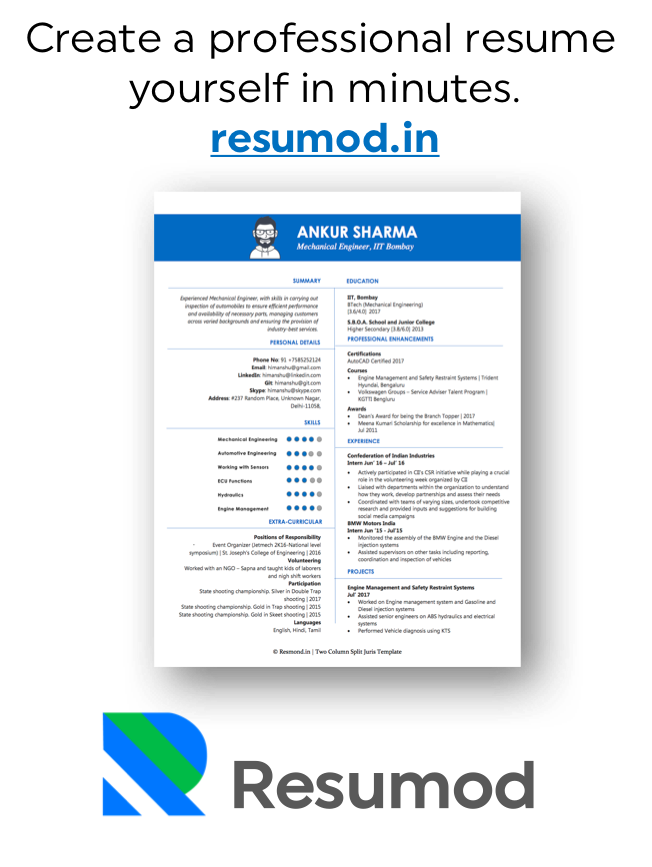Open any newspaper and count the type of advertisements you find inside the most? Or just notice what industry do supplements circulated the maximum number of times along with newspapers, cater to? It’s higher education. As more and more students are ‘being pushed’ for higher education (in India or abroad), it is essential to understand the role of higher education vis-à-vis experience in creating a successful career growth path.
Here’s a quickie
Qualification
- Updates you with new knowledge about your choice of industry
- Offers you an opportunity to work for the organization of your choice
- Higher education specializes you in your field
- You gain a ‘degree’ over your peers and thus derive a mental edge over them
Experience
- You have been there and done that. You know the industry first hand, practically.
- You know the pitfalls, where they occur and how to avoid falling into them.
- You have realized your abilities through application, rather than theoretical knowledge.
- You can actually measure the need of the industry.
Take your pick!
MBA colleges are mushrooming in nooks and corners of every city in India and almost all graduates consider it as the next best step to take. But one needs to understand first whether the combination of one’s undergraduate courses and MBA will set him apart from the crowd or not. According to Prof Dr. KSB Nayar, PhD LLB FBIM, London and MDP, IIMA, one cannot man the managerial and leadership positions of tomorrow with yesterday’s knowledgebase, skill-set and behavioural-attitudinal inputs. He says that undergraduate studies focus more on building ‘technical’ capabilities in handpicked disciplines rather than adoption of a ‘holistic’ approach towards developing people for the ever-changing managerial and leadership scenario worldwide.
Others however feel otherwise. According to the head of head of HR, Philips India and Indian Sub-Continent, your qualification only acts as an entry ticket to your dream company. He says, “Once you’re in the company and the first performance review takes place, all else is forgotten and weightage falls entirely on the results you deliver and the behaviour you are exhibiting. So, though qualification is an entry ticket, it progressively becomes irrelevant and this offers you a level-playing field in the company. That’s why basic engineers sometimes catch up fast or even surpass people with better qualification.”
The question is, ‘Are you improving with time?’
According to VP HR, CGI, the real question is whether you continue to grow and learn. You might be from the Ivy League, but if your learning curve has come at a halt, you are of no use to the company. A conscious strategy for continual enhancement of capabilities is imperative to sustain a dynamic, innovative and creative mindset and is essential to scale up one’s abilities.
So what is it…?
Ultimately the question still boils down to what recruiters are looking for in fresh candidates. One perspective is that this depends on what kind of organisation one is applying to. In certain cases, the stamp of an institute would matter and offer an advantage. However, if it’s a better profile we are talking about, then relevant experience definitely matters more. Again, every private company differentiates between employee bands according to qualification or minimum years of experience. Thus, both play an important role. So you need to choose rightly while keeping in mind your own capabilities and strengths.
Article Source: The Economic Times




They both are, but experience has more variability and provides greater opportunity for discretion. My recommendation is to look at qualifications and experience in combination and make sure you seek an appropriate mix to fit the role.